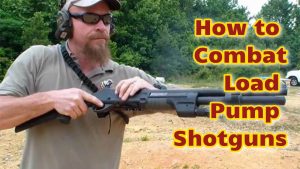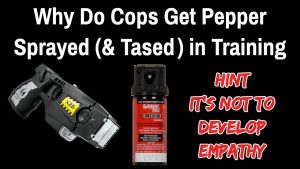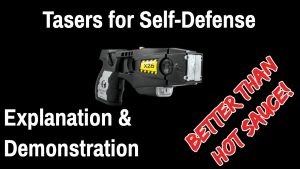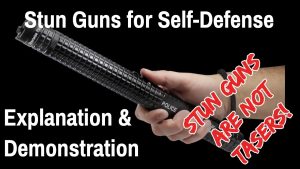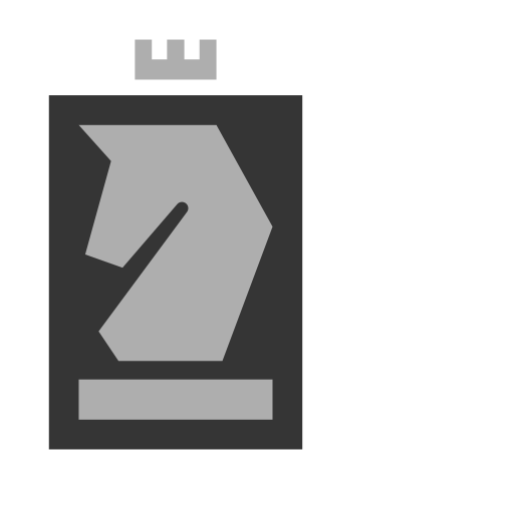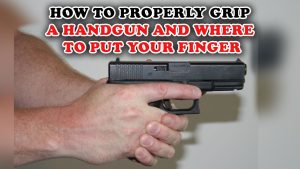
Safety Rules for Gun Cleaning
How often should you clean your gun? What kind of gun cleaning solvent should you use? What happens when you don’t clean your gun? These are all important questions and you’ll find the answers here with our 10 Rules to Follow When Cleaning Your Guns
Properly cleaning and maintaining your firearms is one of the wisest things you can do if you want them to last for a long time and perform as they should. However, many gun owners often neglect their cleaning duties. Sometimes out of laziness or sometimes because they just don’t know when the right time to clean them.
Before you sit down to clean your gun, there are some important rules you should familiarize yourself with. These rules aren’t written in stone but are common sense rules that every gun owner should follow.
Rule #1: Always Point Your Gun in a safe direction
This means you should point your gun away from anything you don’t want to accidentally shoot. Even if everything else goes horribly wrong, if the gun is pointed in a safe location then a Negligent Discharge won’t hit anyone
Rule #2: Unload the Gun
Before you clean any firearm always double or triple check to make sure the magazine and chamber are empty. You should always assume that a gun is loaded until you’ve made sure that it’s not. Remove magazines before clearing the chamber. This keeps the gun from loading itself from the magazine when the slide goes forward.
Rule #3: Store Your Ammo
Keep your ammunition away from your gun while cleaning it. Store your ammo in another room. This eliminates any possibility of an accidental discharge.
Rule #4: Keep Your Finger OFF the Trigger
When cleaning your firearms you don’t need to touch the trigger. You should only have your finger on the trigger if you plan on shooting.
Rule #5: Clear the Room
If you live with your family go somewhere they won’t disturb you. Accidents can happen when children are around and you want the room to be private and it’s a good idea to keep the door locked if possible.
Rule #6: Protect Your Eyes
When gun cleaning solvent splashes in your eye it’s not a good feeling, especially when there’s built up carbon along with it. You can easily prevent this by purchasing a good pair of safety glasses for a few doll
Rule #7: Secure the Firearm
A gun vise is inexpensive and designed to hold your gun in place. The benefit of a gun vise is that they’re padded and won’t harm the wood or scratch anything. Most gun vises also included a gun cleaning maintenance center to store all your gun cleaning supplies and parts.
Rule #8: Use Proper Gun Solvent
Most gun cleaning kits and bore snakes don’t come with gun cleaning solvent, so some people may think it’s not entirely necessary. Well, it is! A good CLP will protect your gun from weathering and create a barrier against corrosion and moisture. This is not the same asWD40, Silicon Oil,or Cleaner
Rule #9: Unload Your Gun in a Different Room
This is similar to Rule #3 and is a simple precaution to prevent discharges. A simple way to do this is to have all of your ammo in one room and your gun cleaning supplies in another room.
Rule #10: Keep the Gun Unloaded Until Ready to Use
You should never keep your gun loaded when you store it. If you’re using it for home protection then this is the only time this rule should be broken. Also be sure to store it where no one else is going to find it.
How often should you clean your gun?
Depending on how often you use your firearms, they should undergo a periodic cleaning from time to time. This means tearing down the firearm and using a cleaning rod with brushes, mops, and jags to thoroughly clean and oil every part of the weapon. Even if your gun is in a safe, over time it will accumulate dust, moisture from the air and humidity, which can all cause your gun to rust.
How often to clean your gun really comes down to the number of rounds you fire. I gun you shoot on a daily basis will obviously need more cleaning than the one you haven’t fired in years. Generally, for guns stored in a safe that are not used often, the rule is to give them a deep clean once a year. Inspect them for any signs of rust, look for cracks, corrosion, or anything else that may need to be replaced. While stripping down your gun you may find that your springs or pins are wearing down and you should replace them now, rather than taking the chance of future failure.
What kind of gun cleaning solvent should you use?
This can be a tough question and many gun owners have their favorite cleaning solvents. Some people use a certain CLP because they enjoy the smell, some like the brand, the bottle design and some like the results. After trying out all of the best gun cleaning solvents on the market I can’t say I have a personal favorite.
If you want a general all-purpose CLP than Break-Free and Ballistol are at the top of my list. However, many gun owners still opt to use Hoppe’s Bore Cleaner with a separate bottle of lubricant and protector. At the end of the day, they’re all pretty good and any gun cleaner will have its pros and cons, so you have to just test them out and see which ones you like the best.
What happens when you don’t clean your gun?
Nothing good, that’s for sure! After every bullet, you fire a small amount of carbon builds up in the chamber. After several rounds, this can begin to slightly affect the trajectory of the bullet and your accuracy can begin to decline.
The general rule is to clean your gun after every time you fire. This can take a minute or two with a bore snake, or you can spend 10-15 minutes breaking it down and doing a thorough clean with a cleaning kit.
If your firearm is exposed to water or moisture you should clean it as soon as humanly possible. Moisture is the enemy when it comes to gun cleaning and leaving your gun wet for only a day may destroy it completely.
Conclusion
The 10 gun cleaning rules are a basic guideline for all gun owners to follow. Write them down or memorize them and always make sure each rule is checked. If you want to avoid accidents and ensure that your guns last for decades to come, then it’s important that you follow the advice in this article.
